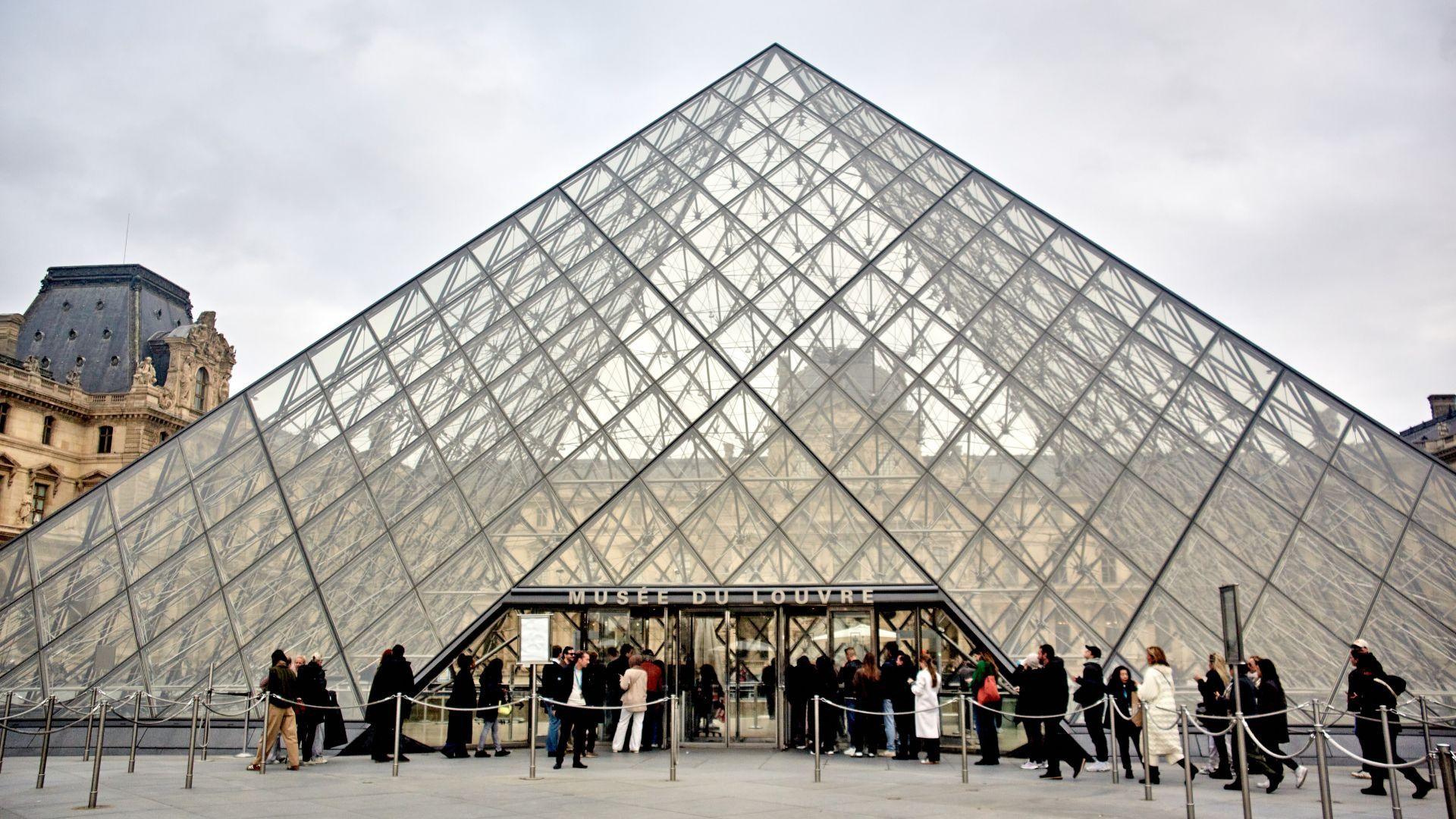- The recent robbery of the Louvre museum highlighted the vulnerability of digital systems in cultural institutions
- Investigators discovered that the password for the museum’s surveillance camera system was simply “louvre.”
- In response, Proton is offering museums, galleries and libraries two years of its Proton Pass Professional service free of charge.
The recent high-profile security breach at the Louvre in Paris sent shockwaves through the art world, not only because of the value of the stolen objects, but also because of the astonishingly simple security breach that was revealed.
As the investigation progressed, it was revealed that the password protecting the museum’s critical surveillance camera system was, shockingly, “louvre.” This revelation highlights a growing concern: the digital doors protecting our invaluable cultural heritage are often left wide open.
This glaring vulnerability, which was reportedly reported to the Louvre by security experts years ago, has spurred the tech community into action. Following this incident, Swiss privacy company Proton, developer of one of the best VPN and secure messaging services on the market, launched a new initiative aimed at strengthening the digital defenses of cultural organizations around the world.
A digital lifeline for our heritage
While museums invest heavily in physical security, such as guards and safes, their digital infrastructure can be a critical point of failure. Modern security systems, from cameras to air conditioning and locks, are frequently connected to online networks. A single weak or default password can provide an entry point for cybercriminals, bypassing millions of dollars of physical protection and putting irreplaceable artifacts at risk.
Recognizing that many cultural institutions may lack the resources or expertise to implement robust cybersecurity, Proton offers a powerful helping hand.
The company announced that it will offer two years of the professional plan of its password manager, Proton Pass, completely free to eligible cultural institutions around the world. This includes museums, libraries, theaters, archives and community arts centers.
“Cultural institutions are the guardians of our collective memory,” said Raphael Auphan, COO at Proton. “Yet the security of invaluable assets often depends on digital gates that, if left unprotected, are vulnerable to the same threats facing any modern organization.”
The goal of this initiative is to make enhanced digital security an essential part of cultural preservation.
Proton Pass is a secure password manager that helps individuals and organizations create, store and manage strong, unique passwords for all their accounts. The professional tier also includes features like breach monitoring, which alerts administrators if their credentials appear in a known data breach, a feature recently boosted by the launch of the Proton Sentinel program.
By equipping these organizations with enterprise-grade tools, Proton aims to close the digital security gaps that make our shared history vulnerable.
Go beyond “password123”
The “Louvre” password incident is a stark reminder of a widespread and persistent problem. Weak, easy-to-guess passwords remain one of the leading causes of security breaches across all industries. For cultural institutions, increasingly dependent on digital systems, the stakes are incredibly high.
Proton’s initiative offers a practical and immediate solution to organizations that may not know where to start. Removing the cost barrier allows them to adopt a crucial first line of defense.
The offer, which runs until the end of 2025, is a call to action for the cultural sector to prioritize its digital security with the same seriousness it applies to its physical collections. For these guardians of our history, going beyond “password123” is no longer an option: it is essential to their survival.
Follow TechRadar on Google News And add us as your favorite source to get our news, reviews and expert opinions in your feeds. Make sure to click the Follow button!




